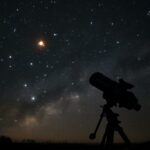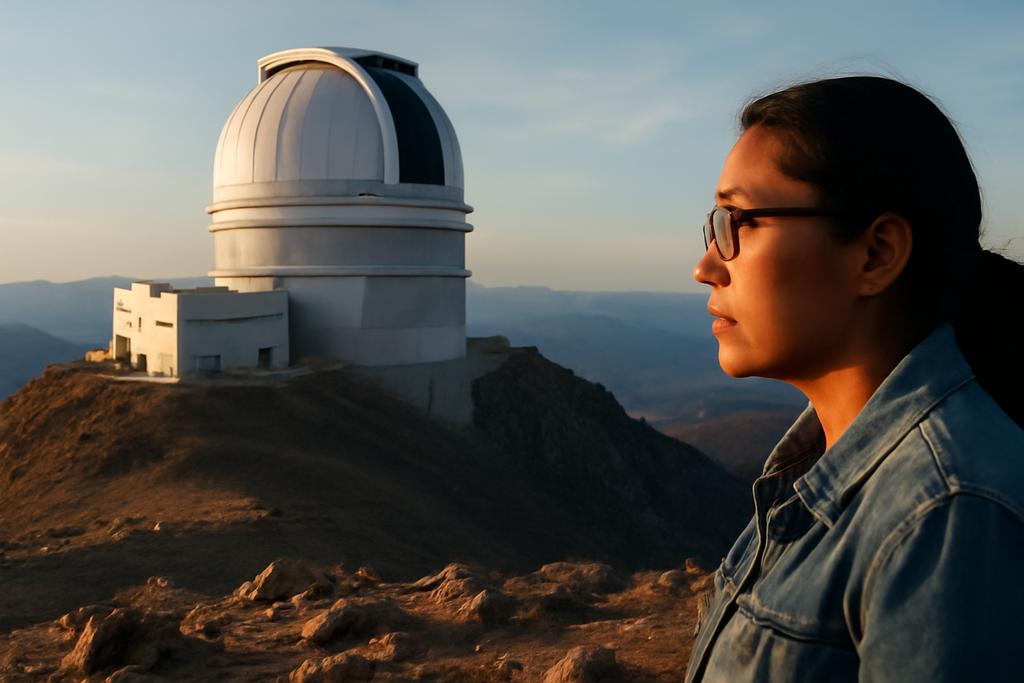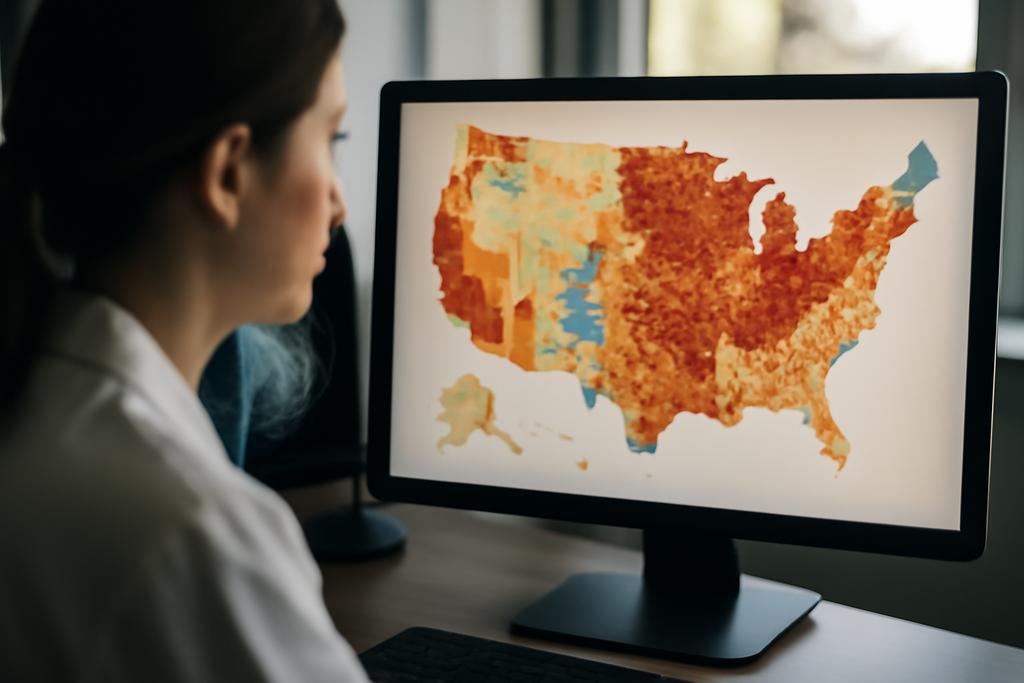A Universe of Voices: How One Observatory Is Tackling Language Barriers in Science
The Vera C. Rubin Observatory, perched atop Cerro Pachón in Chile, is poised to revolutionize our understanding of the cosmos. Its colossal 8.4-meter Simonyi Survey Telescope and 3200-megapixel camera will map the southern sky with unprecedented detail, potentially uncovering billions of stars and galaxies. But this ambitious project, a global collaboration involving thousands of researchers, faces a challenge that has nothing to do with dark matter or distant quasars: the dominance of English in scientific communication.
A recent report from the National Autonomous University of Mexico (UNAM) and the SLAC National Accelerator Laboratory, led by José Antonio Alonso Pavón and Andrés Plazas Malagón, shines a light on this often-overlooked barrier. The researchers aren’t questioning the importance of English as a lingua franca in science; rather, they’re advocating for a more inclusive approach that recognizes and values the linguistic diversity of the global research community.
The Silent Exclusion
The problem isn’t a lack of English proficiency among many international researchers. Many are fluent in English, yet still struggle to effectively communicate their research findings in this language. The report highlights the added stress, anxiety, and time commitment involved in writing scientific papers in a second or third language. This doesn’t simply lead to imperfectly worded sentences; it can create significant barriers to participation, publication, and overall career progression.
Imagine the brilliant astrophysicist in Brazil whose groundbreaking work goes unnoticed because her English isn’t quite polished enough to meet the standards of leading journals. Or the promising young researcher in South Korea who hesitates to present at an international conference, fearing their accent or phrasing will overshadow their research’s significance. These scenarios, while subtle, represent a massive loss of talent and intellectual potential.
Five Pathways to Inclusivity
The report proposes five key recommendations to overcome these linguistic hurdles within the Rubin Observatory’s research ecosystem (and, by extension, the broader scientific community). These aren’t mere suggestions; they are carefully considered strategies rooted in pedagogical theory and practical experience.
Recommendation 1: Multilingual Presentations: This isn’t about abandoning English entirely. Rather, it’s about creating space for researchers to present their work in their native languages, with live interpretation or translated materials. This simple step fosters a sense of belonging and allows for more natural and effective communication.
Recommendation 2: Tailored Writing Training: This goes beyond basic English courses. It involves specialized training in scientific writing, tailored to the nuances of astronomical research. The authors advocate for a constructivist and socio-cultural approach, emphasizing collaboration and reflective practice. The goal is to empower researchers with a deep understanding of scientific discourse, not just vocabulary.
Recommendation 3: A Virtual Writing Center: This is a brilliant and practical idea. A virtual hub, accessible to all researchers, would offer personalized consultations, peer review sessions, and workshops, leveraging technology to bridge geographical distances. This long-term support structure acknowledges that writing proficiency is a skill that develops over time, not a one-time fix.
Recommendation 4: Comprehensive Language Support Programs: This builds upon the virtual writing center with additional programs, such as one-on-one consultations, group workshops, and specialized feedback sessions, providing ongoing, adaptable support for researchers who need it. It also promotes responsible and strategic use of AI-based writing tools.
Recommendation 5: Writing Retreats and Workshops: These in-person events provide dedicated, uninterrupted writing time in a supportive and collaborative environment. Mentorship and focused sessions help researchers tackle complex papers and build confidence.
Beyond Words: A Cultural Shift
The report’s significance transcends the practical solutions it offers. It represents a profound shift in how we view language in science. It’s not just about correcting grammatical errors; it’s about acknowledging the inherent power dynamics embedded in scientific communication and striving for a truly inclusive research environment. It’s about recognizing multilingualism as an asset, not a deficit.
The Vera C. Rubin Observatory’s commitment to implementing these recommendations is commendable. It sets a precedent for other research institutions to follow, showing that a truly global science requires a global approach to communication. The potential rewards—a more diverse, equitable, and intellectually vibrant scientific community—are immeasurable.
The challenge, of course, lies in implementation. Creating multilingual support structures, providing adequate training, and establishing the necessary resources requires commitment and funding. But the long-term benefits—unlocking the untold potential of researchers worldwide—far outweigh the initial investment. The Rubin Observatory’s initiative represents a leap forward, not just in astronomical observation, but in creating a more just and inclusive scientific future.










